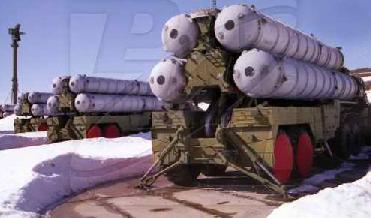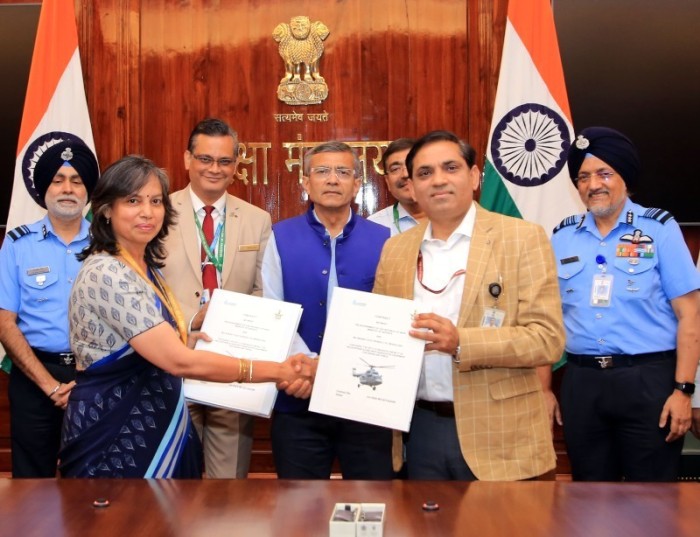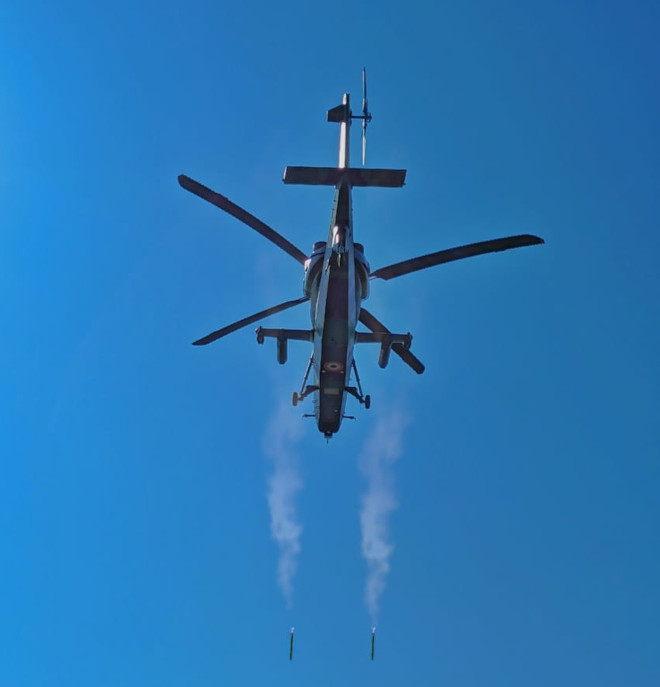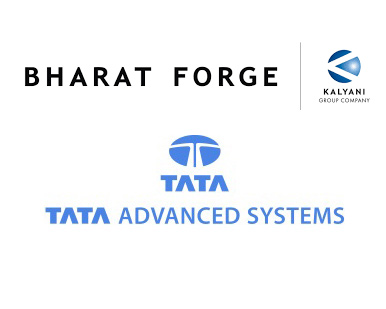
S-300 missile system. RIA Novosti
MOSCOW (BNS): Russia finally accepted on Wednesday that it had inked an agreement for the supply of highly potent S-300 air defence missiles to Iran two years ago. But, Moscow said that the actual deliveries were yet to commence depending on the ‘international situation’.
Russian news agency RIA Novosti quoting a ‘highly placed official’ of the Federal Service for Military Technical Cooperation, supervising the foreign defence supplies said that under the deal signed two years ago, S-300 complexes have not been supplied so far to Iran. “But the contract is being gradually implemented. Further implementation would depend on the international situation and the decision of the country’s leadership,” the official, who did not wish to be identified, said.
The agency quoting the Russian Foreign Ministry said that military-technical ties between Moscow and Tehran had always been transparent and confirmed that S-300 air defence systems had not been supplied to Iran yet.
“We have delivered to Tehran a variety of equipment for defence purposes, which cannot destabilise the situation in the region,” the ministry said in a statement released to the media.
Iran recently took delivery of 29 Russian-made Tor-M1 air defence missile systems under a $700-million contract signed in late 2005. Russia has also trained Iranian Tor-M1 specialists, including radar operators and crew commanders. The S-300 system is significantly superior to the Tor-M1.
RIA Novosti quoted Ruslan Pukhov, director of the Moscow-based Center for Analysis of Strategies and Technologies, as saying that Kremlin regards military-technical cooperation with Iran as leverage in a political game with the West.
“Moscow is using the S-300 contract, as well as its cooperation with Iran in general, simply as a tool in a political tradeoff with the West, rather than as a means to satisfy its fundamental defence and commercial interests,” Pukhov was quoted as saying.
Arms deliveries to Iran are important to Russia because Moscow is quickly losing its positions on key Asian arms markets in China and India, he said. “In these circumstances, it would be unwise to ignore the Iranian market with its potential demand valued at $300-500 million a year,” Pukhov said.
The analysts said that if Russia adopted a cautious approach, Tehran would turn to China as key arms supplier, which could in the near future offer the Islamic Republic competitive products in all segments of the arms market.
Reports state that both the US and Israel have been opposing transfer of the S-300 (SA-10, Grumble) air defence missile complexes capable of protecting key installations from massive air strikes including ballistic missiles, to Iran.
Patriot class S-300 missile complexes capable of downing the ballistic warhead of the size of a tennis ball can simultaneously engage six targets to destroy them with a volley of 12 killer missiles, agencies said.
Reports quoting experts say that Russia’s S-300 would deprive the US and Israel impunity in case of air strikes on Iranian nuclear installations, suspected of developing nuclear weapons and in the peacetime its power radars could monitor each and every take-off and landing of US aircraft in the American airbases in Iraq and the Gulf.














The Indian Air Force, in its flight trials evaluation report submitted before the Defence Ministry l..
view articleAn insight into the Medium Multi-Role Combat Aircraft competition...
view articleSky enthusiasts can now spot the International Space Station (ISS) commanded by Indian-American astr..
view article